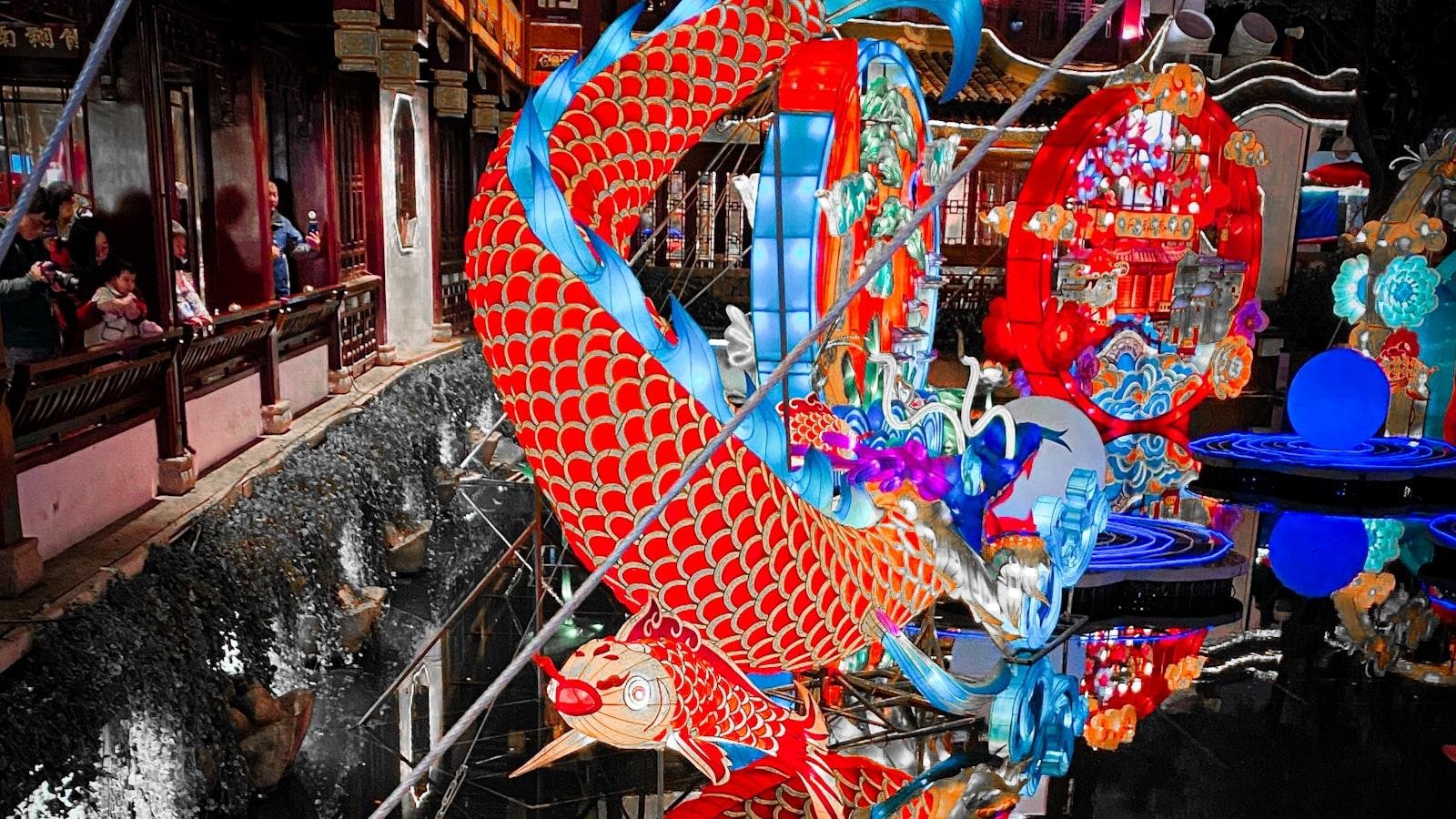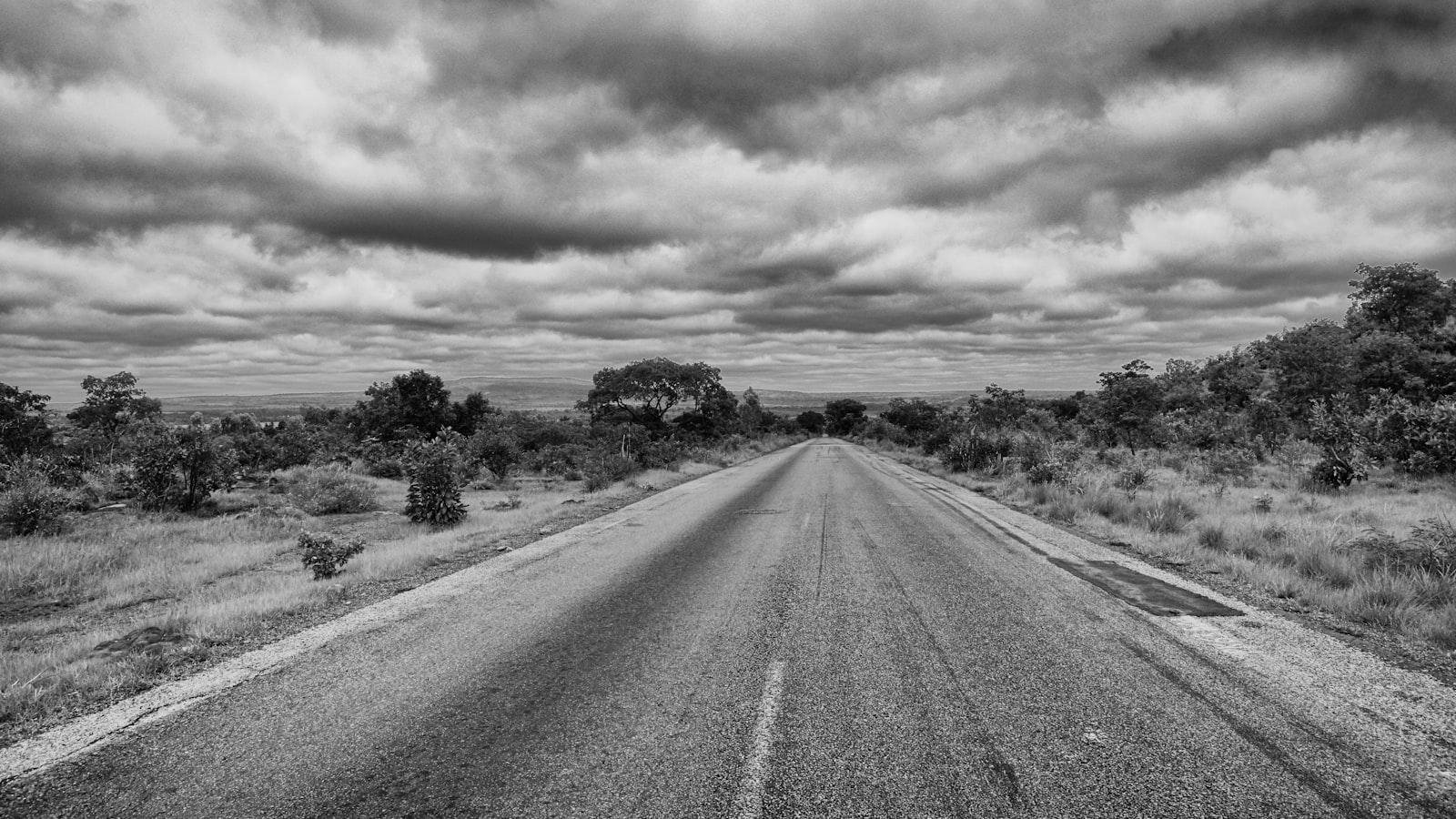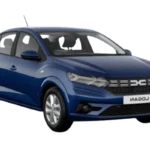Now Reading: Cameroon
- 01
Cameroon
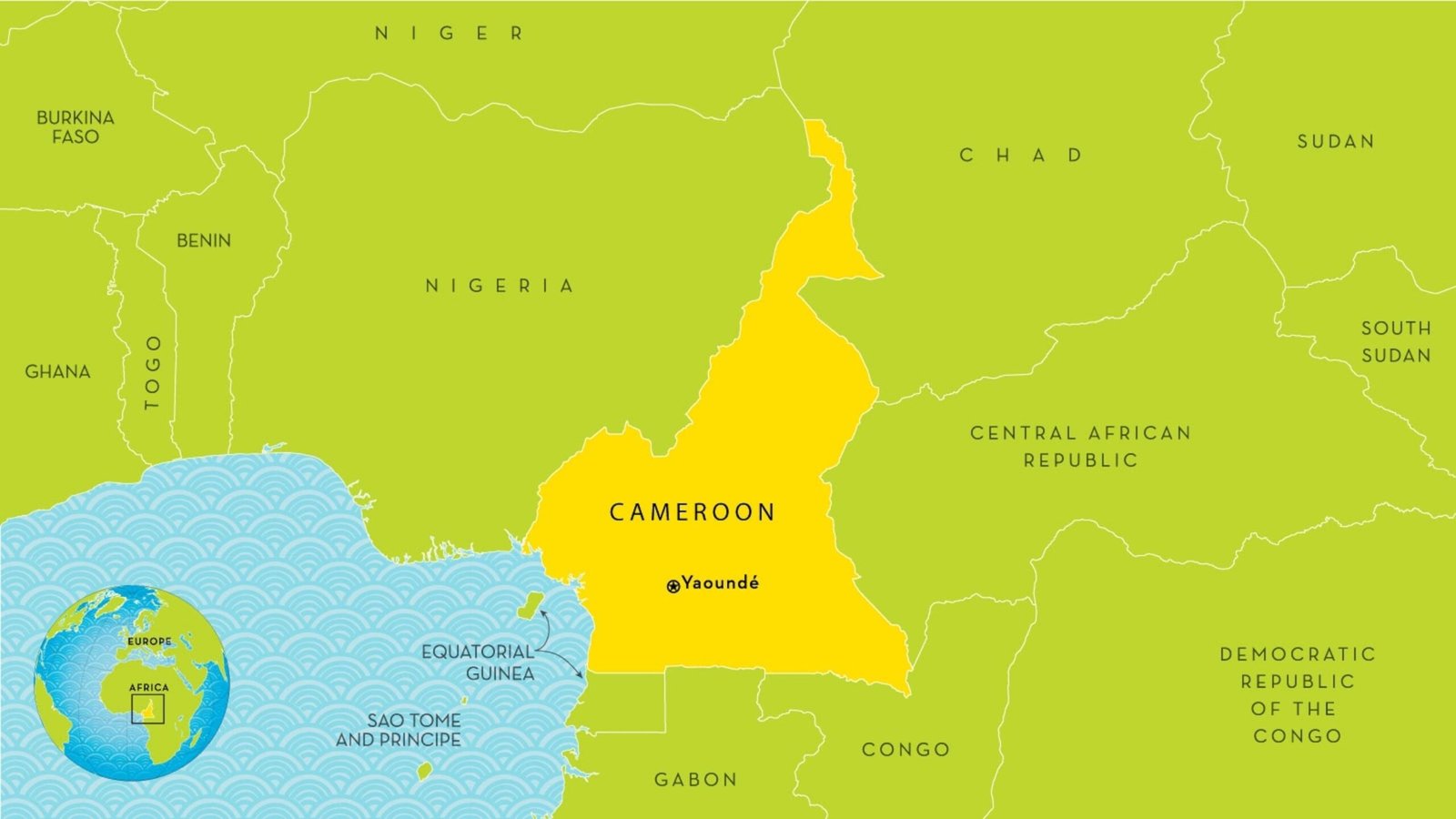
Cameroon
Located in Central Africa, Cameroon is a diverse and vibrant country boasting a rich cultural heritage and stunning natural landscapes. With a population of over 26 million people, Cameroon is known for its ethnic diversity, with over 250 different ethnic groups and languages spoken throughout the country. From its lush rainforests and majestic mountains to its bustling cities and picturesque coastline, Cameroon offers a wealth of experiences for travelers and residents alike. In this article, we will explore the history, culture, and attractions of this fascinating country.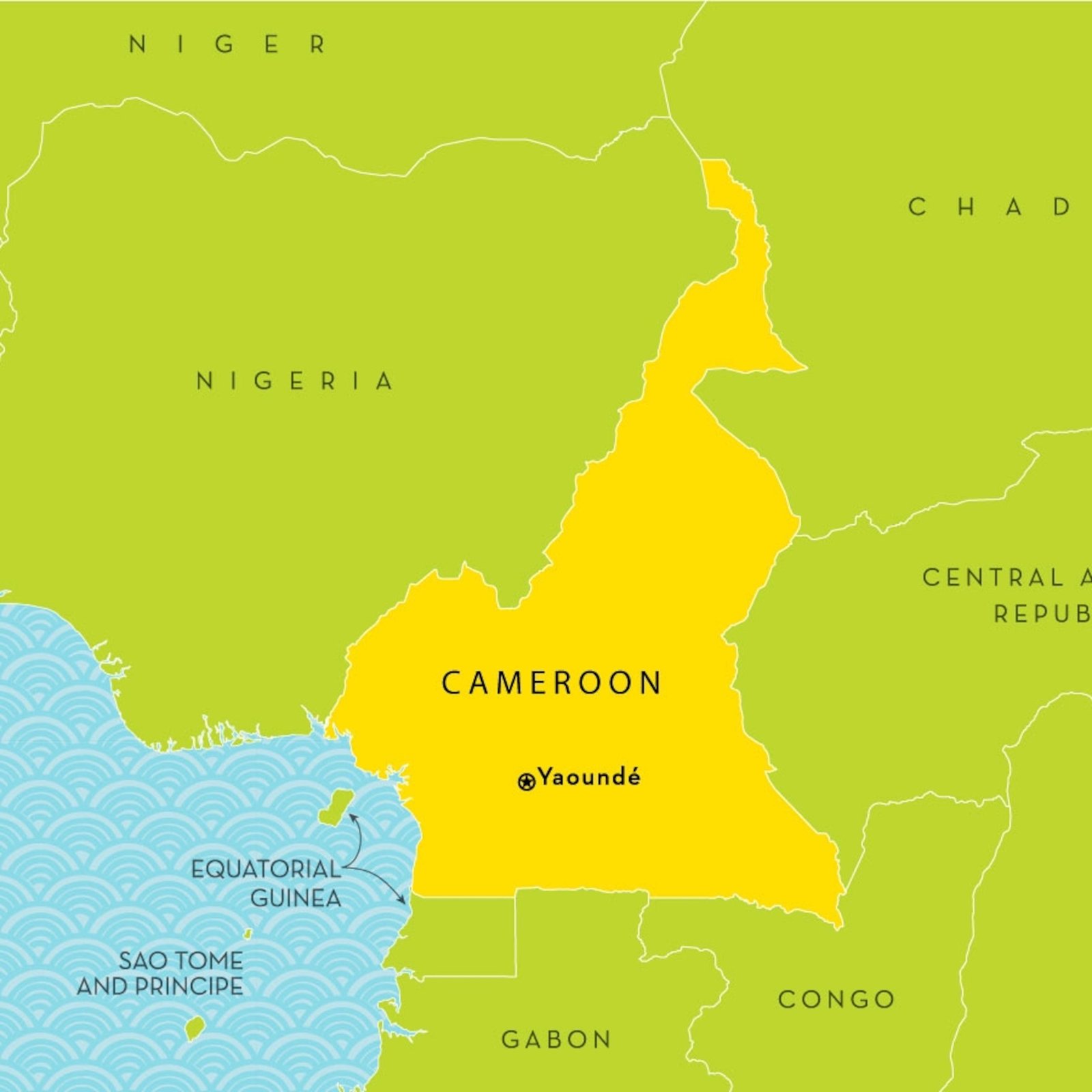
Overview of Cameroon’s Unique Cultural Heritage
Cameroon is a diverse and culturally rich country located in Central Africa. Its unique cultural heritage is a blend of various influences from indigenous tribes, colonial history, and modern traditions. One of the most notable aspects of Cameroon’s culture is its vibrant music and dance traditions, with each region of the country having its own distinct styles.
The traditional clothing of Cameroon is also a significant part of its cultural heritage, with each ethnic group having its own unique designs and patterns. The country is also known for its rich culinary traditions, with dishes such as Ndole, a traditional Cameroonian dish made with bitterleaf and peanuts, being popular among locals and visitors alike. Overall, Cameroon’s cultural heritage is a testament to the country’s rich history and the resilience of its people in preserving their traditions in the face of modernization.
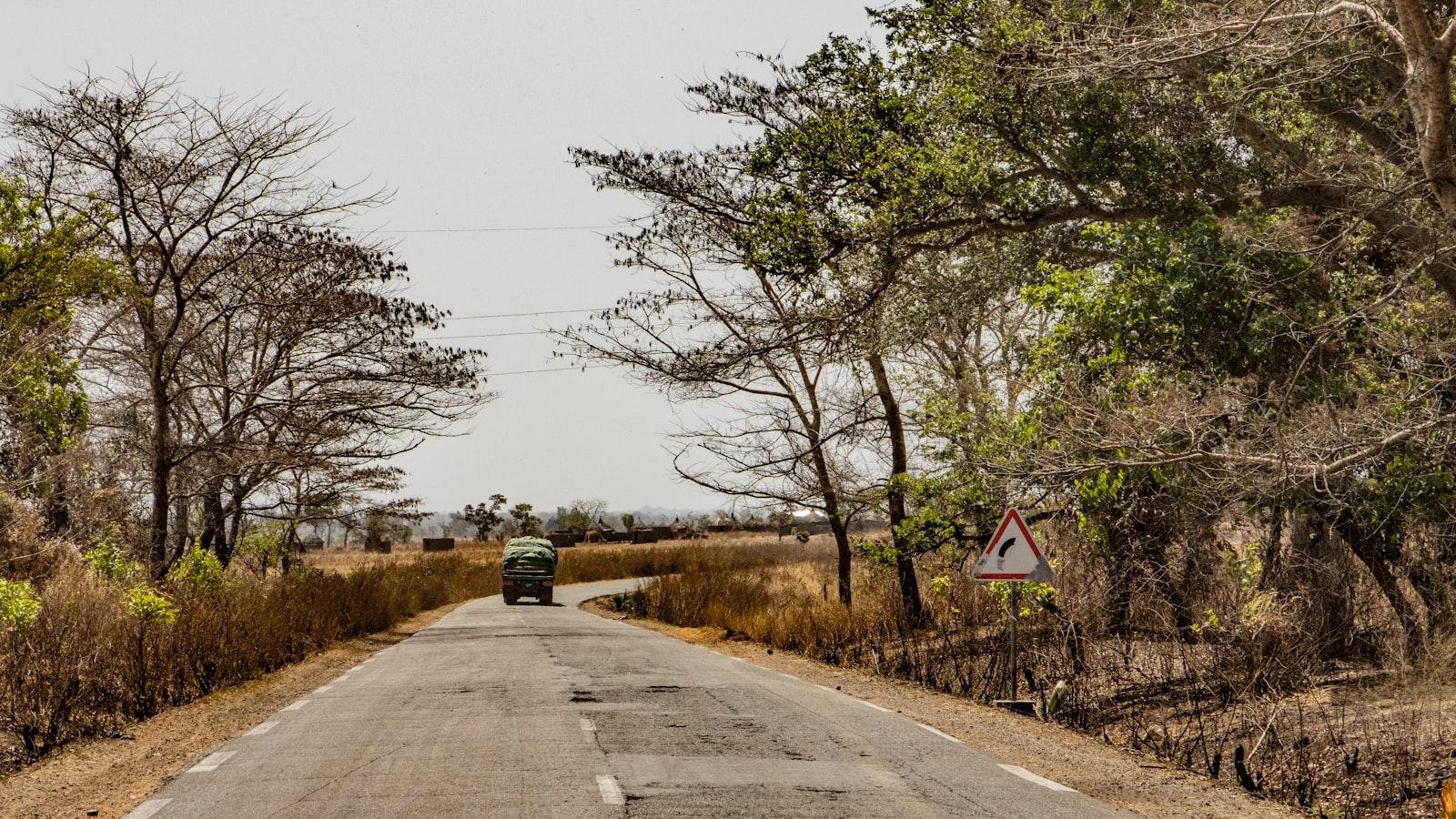
Analysis of Cameroon’s Political Landscape
With over 200 ethnic groups, Cameroon is a diverse country with a rich cultural heritage. The political landscape of Cameroon is complex and has been shaped by various factors including colonial history, ethno-linguistic divisions, and economic disparities.
Key players in Cameroon’s political scene include:
- President Paul Biya: The longest-serving president in Africa, Biya has been in power since 1982.
- Opposition parties: There are several opposition parties in Cameroon, with the Social Democratic Front being one of the most prominent.
- Military: The military plays a significant role in Cameroonian politics, with a history of involvement in coups and internal security issues.
Exploring Cameroon’s Diverse Natural Landscapes
Cameroon is a country in Central Africa known for its diverse natural landscapes that offer breathtaking views and unique experiences. From lush rainforests to expansive savannas, this country has it all for nature enthusiasts and adventure seekers.
One of the must-visit destinations in Cameroon is the Waza National Park, home to a wide variety of wildlife including lions, elephants, giraffes, and more. For those interested in hiking, Mount Cameroon, the highest peak in Central Africa, offers a challenging yet rewarding trek with stunning panoramic views at the summit. With its diverse ecosystems and rich biodiversity, Cameroon truly is a paradise for nature lovers.
Economic Opportunities and Challenges in Cameroon
Cameroon is a country in Central Africa with a diverse economy that presents both opportunities and challenges for its citizens. One of the main economic opportunities in Cameroon is its rich natural resources, including oil, minerals, and agricultural products. This has the potential to attract foreign investment and boost economic growth in the country. Additionally, Cameroon’s strategic location as a gateway to Central African markets offers opportunities for trade and commerce.
However, Cameroon also faces several challenges that hinder its economic development. These include a lack of infrastructure, high levels of corruption, and political instability. The country’s dependence on oil exports also makes it vulnerable to fluctuations in global oil prices. In order to address these challenges, Cameroon needs to invest in infrastructure development, improve governance and transparency, and diversify its economy to reduce its reliance on oil.
Recommendations for Sustainable Development in Cameroon
One key recommendation for sustainable development in Cameroon is to prioritize investment in renewable energy sources such as solar, wind, and hydroelectric power. By transitioning away from non-renewable energy sources like fossil fuels, Cameroon can reduce its carbon footprint and promote environmental sustainability. Additionally, investing in renewable energy infrastructure can help provide access to electricity to remote and underserved communities in the country.
Another recommendation for sustainable development in Cameroon is to promote sustainable agriculture practices such as agroforestry, organic farming, and crop diversification. By implementing sustainable agriculture practices, Cameroon can protect its natural resources, improve soil fertility, and increase food security for its population. Furthermore, supporting smallholder farmers and promoting sustainable land management practices can help reduce deforestation and mitigate the impacts of climate change in the country.
In Conclusion
In conclusion, Cameroon is a diverse and culturally rich country located in Central Africa. With its stunning landscapes, vibrant cities, and abundance of wildlife, Cameroon offers a unique experience for travelers seeking to immerse themselves in African culture. From the bustling markets of Douala to the tranquility of the Waza National Park, there is something for everyone to discover in this fascinating country. Whether you are interested in exploring its history, sampling its traditional cuisine, or simply taking in its natural beauty, Cameroon is sure to leave a lasting impression on all who visit.



